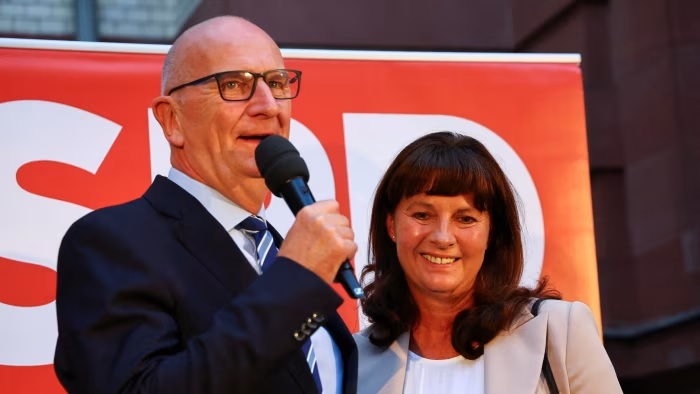
Scholz’s SPD narrowly leads in Brandenburg local election against AfD
In the recent local election in Brandenburg, German Chancellor Olaf Scholz's Social Democratic Party (SPD) has projected a narrow victory with around 31 percent of the vote, slightly ahead of the far-right Alternative for Germany (AfD), which garnered approximately 29 percent. These results provide a moment of reprieve for Scholz’s coalition government, which has faced declining support in opinion polls as the country approaches national elections next year.
The election was particularly significant, as the SPD has governed Brandenburg since German reunification in 1990. Scholz's electoral district is located in the state capital, Potsdam. Despite the SPD's lead, the popular incumbent premier Hubert Dietmar Woidke distanced himself from Scholz during the campaign, criticizing federal policies and emphasizing his local governance.
The AfD had aimed to capitalize on its recent electoral successes in the region, having recently won its first parliamentary seat in Thuringia and placed a close second in neighboring Saxony. Although the AfD's performance was strong, all other mainstream parties have ruled out forming a governing coalition with them, which limits their chances of gaining power.
Woidke has promised to resign if the AfD wins. The AfD celebrated its showing, with party co-leader Tino Chrupalla stating that they had "taken gold once and silver twice" in three recent elections in eastern Germany.
Stichworte







